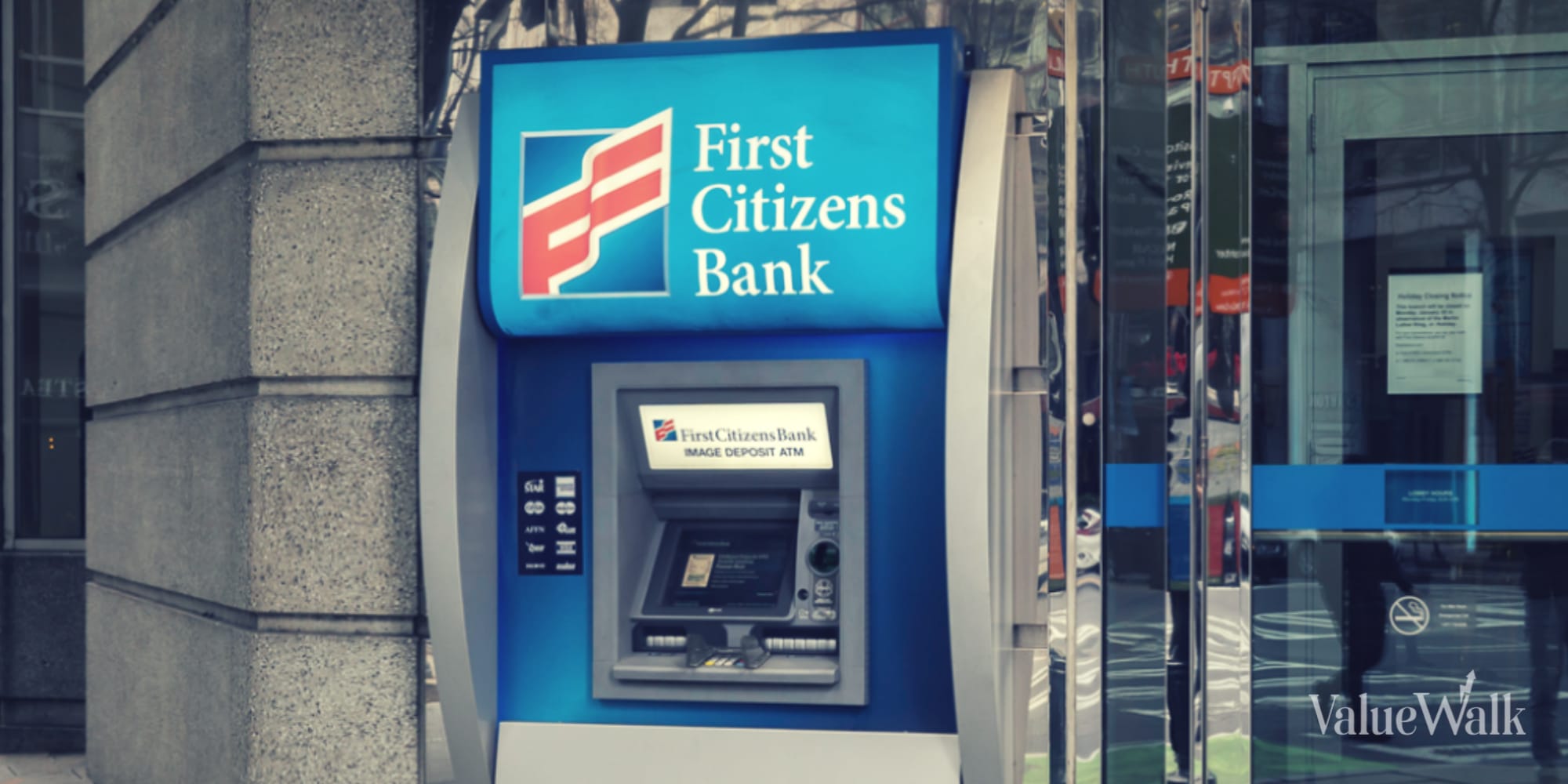Is this local bank a buy after rising 87% YTD?

Local bank stocks have had a terrible year, with many struggling with liquidity concerns due to deposit outflows due to rising interest rates. As investors flock to larger, more established banks, some banks become tighter on deposits while others seek quality. During the crisis, three banks collapsed, and the stock prices of many more plummeted.
Community banks have been one of the worst performing sectors of the market, down 7% year to date. The majority of them are in negative areas, with a relatively small number above water. But one regional bank has actually benefited from the crisis and has had a tremendous year so far. First Citizen BancShares (NASDAQ:FCNCA).
Rapid rise after SVB acquisition
First Citizens BancShares, headquartered in Raleigh, North Carolina, is the 15th largest bank in the United States with approximately $214 billion in assets. If it had not attracted the attention of investors before, it received a lot of attention when it acquired most of the assets of the bankrupt Silicon Valley Bank through the FDIC’s Silicon Valley Bridge Bank, which was established after the bank’s bankruptcy in March.
Specifically, approximately $110 billion in assets, 17 branches, $56 billion in deposits, and $72 billion in loans were transferred to First Citizens as part of the transaction. It nearly doubled its assets and ranked among the top 15 banks. The acquisition also came with a loss-sharing agreement under which the FDIC would absorb a portion of SVB’s loan losses.
“We have partnered with the FDIC to successfully complete more FDIC-assisted transactions than any other bank since 2009, and once again the FDIC is supporting us,” Frank Holding, Chairman and CEO, said on March 27. “I am grateful for the trust shown in me,” he said.
This was a landmark deal for First Citizens, and was recognized by the market as its stock price soared about 75% in the weeks following the transaction, reaching about $1,000 per share, up from $579 on March 24.
The acquisition of SVB’s assets expanded First Citizens’ scope of services by giving it a significant presence in the “innovation banking” space, which provides loans to startups and innovators. The bank was able to maintain growth following the acquisition, with increases in loans, net interest income, and deposits in the third quarter.
Overall, First Citizens’ net interest income increased 2% to $2 billion, while net income increased 10% to $752 million. Higher provisions for credit losses were partially offset by lower acquisition-related costs compared to the second quarter.
About $52 million, or about a third, of First Citizens’ $146 billion in deposits were uninsured. However, liquidity sources to cover uninsured deposits amounted to approximately $146 billion, and the liquidity coverage ratio was 277%, up from 264% in the previous quarter.
a groundbreaking purchase
First Citizens is a different bank than it was a year ago, doubling in size and with new and expanded features. Not only were we able to increase our savings; We also increased revenue through loan growth and cost management.
This allowed First Citizens to reduce its third-quarter efficiency ratio from 60% in the previous quarter to 54%. It is also liquid, with its common equity Tier 1 capital ratio at 13.2%, up from 10.6% a year ago, and its loss-sharing agreement with the FDIC remains in place.
First Citizens handled the transition well and was able to increase revenue, increase deposits and improve efficiency at a time when many of its competitors were struggling.
Valuations are still low, with a price-to-earnings ratio of just 1.8. However, the entry price is very high, with the stock trading above $1,400. If you can stomach the high share price, this is definitely a stock to consider as it should continue to grow and enter a more positive environment for lending over the next two years.
disclaimer: All investments involve risk. Under no circumstances should this article be taken as investment advice or constitute liability for investment profits or losses. The information in this report should not be relied upon for investment decisions. All investors should conduct their own due diligence and consult their own investment advisors when making trading decisions.



